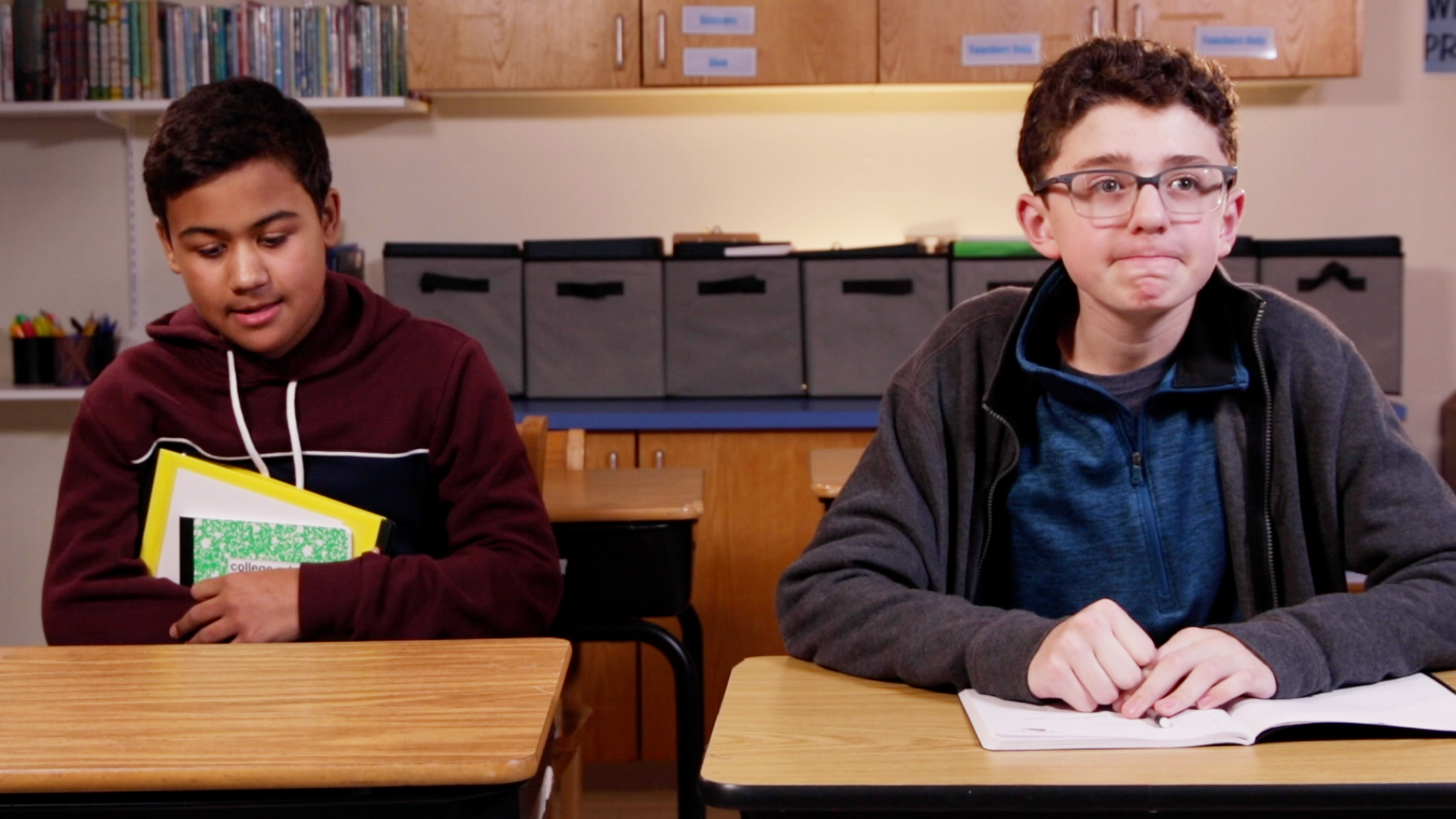Introduction
Small talk is an essential skill that helps individuals engage in short conversations, making social interactions more comfortable and friendly. It is particularly important for young learners to develop this ability as it contributes to their social-emotional learning. The Two W’s method, which focuses on discussing the Weather and the Weekend, is an easy and effective way to introduce small talk to PreK students. In this blog post, we will explore a no-prep activity, discussion questions, and related skills to help educators teach small talk using the Two W’s method.
No-Prep Activity: Weather and Weekend Charades
This activity requires no preparation or materials and encourages students to practice small talk in a fun and engaging way. Divide the class into pairs and instruct each student to think of a weather-related event or a weekend activity. One student will act out their chosen event or activity, while their partner will try to guess what it is. Once the partner has guessed correctly, they will initiate a small talk conversation using the Two W’s method.
For example, a student may act out a sunny day by pretending to wear sunglasses and applying sunscreen. Their partner might then guess, “It’s a sunny day!” and initiate small talk by saying, “What a beautiful day! Did you do anything fun this weekend?” This activity allows students to practice small talk in a playful and interactive manner.
Discussion Questions
- Why is small talk important for building relationships and making others feel comfortable?
- How can the Two W’s method help students initiate small talk more easily?
- What are some other topics that could be used for small talk in addition to the Weather and the Weekend?
- How can educators encourage students to practice small talk in everyday situations?
- What challenges might students face when learning to engage in small talk, and how can educators support them in overcoming these challenges?
Related Skills
Beyond small talk, there are several other skills that contribute to a child’s social-emotional development. These include:
- Active listening: Being able to listen attentively and respond appropriately during conversations is crucial for building strong connections with others.
- Empathy: Understanding and sharing the feelings of others helps to create a supportive and caring environment.
- Conflict resolution: Learning to navigate disagreements and find solutions that benefit all parties involved is essential for maintaining healthy relationships.
- Assertiveness: Being able to express one’s needs, wants, and feelings in a respectful and appropriate manner is vital for effective communication.
Next Steps
Teaching small talk using the Two W’s method is an excellent starting point for fostering social-emotional learning in PreK students. To further support your students’ development in this area, consider signing up for free sample materials from Everyday Speech. These resources offer additional activities, strategies, and guidance to help educators effectively teach essential social-emotional skills in the classroom.






